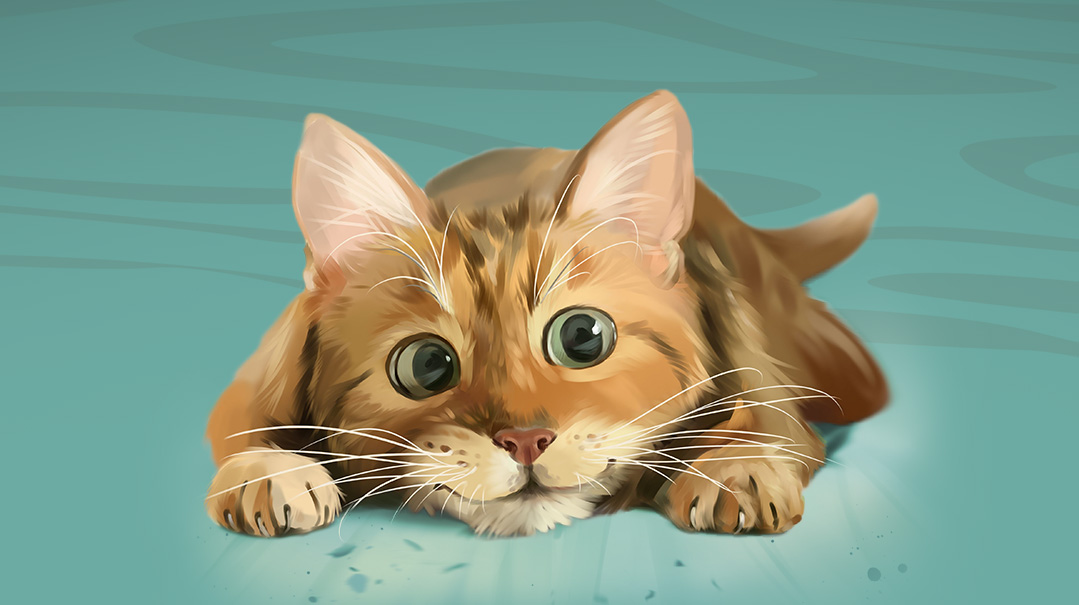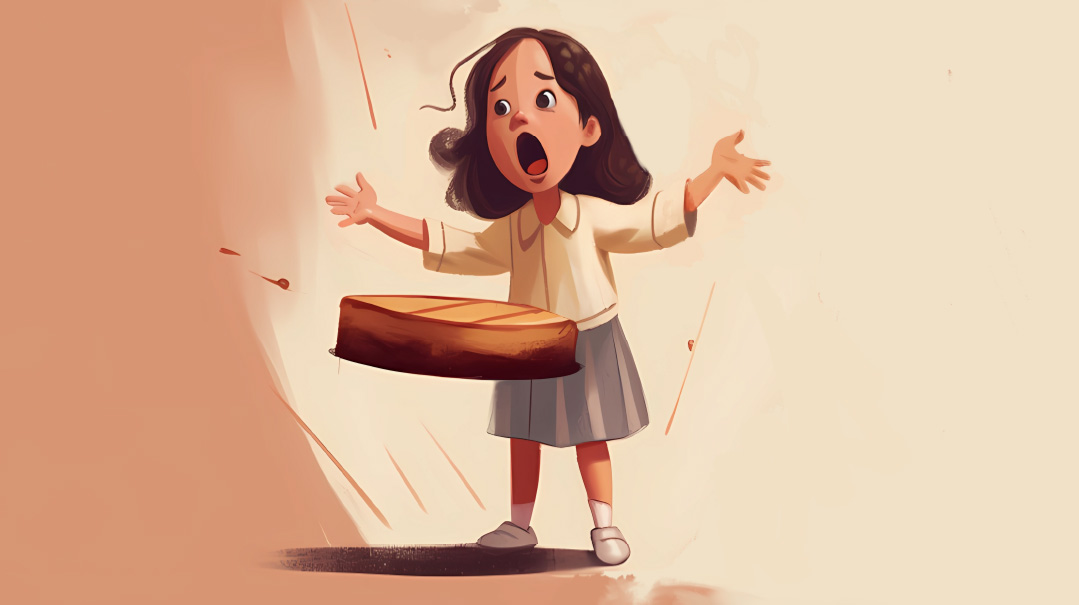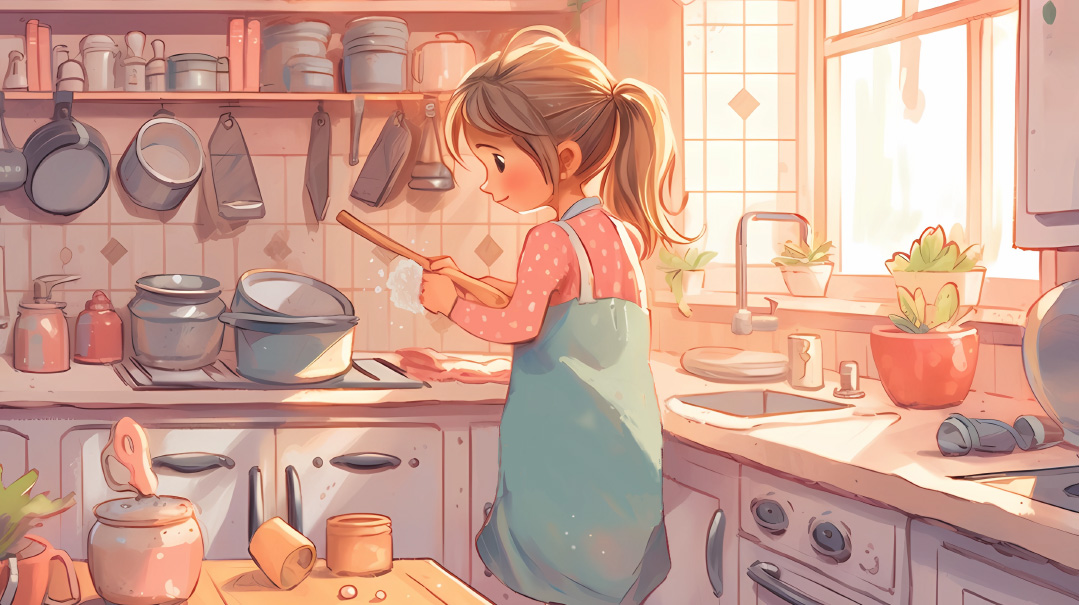The Storytellers: Part 4

“I bring an order from the merchants of Venice”

Last night, tucked into the soft bed, crisp white sheets gathered around her, Margalit had listened to the gentle whisper of the bougainvillea trees brushing against the window of her room. She had always associated those strange, papery orange, white and fuchsia flowers with home. Now they reminded her of Abuelita’s wrinkled, soft, feather-light hand the last time she’d held it — and the tiny silver key she’d pressed into it.
That night, Margalit dreamed the most vivid dream she’d ever had. When she woke up, she did not remember it precisely, but she felt it hovering backstage in her brain, waiting to make its appearance, like a heavy cloud waiting to overflow with rain.
And, today, for some reason that she can’t explain, she keeps thinking of tigers.
Here is a man bent over a furnace, twirling something on a rod. The man’s cap slightly obscures his face, but he appears to be concentrating. He is a master craftsman, an artisan. He is a glassmaker busy at work.
Here is another man entering the small shop, pausing a bit to adjust to the heat and sweat of the room. He’s holding the hand of a young boy, perhaps aged seven or eight. Hear the man clear his throat, see him shuffle from foot to foot. The glassmaker does not look up.
“Fratello,” he tries.
The glassmaker does not look up.
“I bring an order from the merchants of Venice.”
At this the glassmaker looks up. Sharply. He eyes the man, still holding the hand of the boy, his blue eyes piercing.
“And what do the merchants of Venice wish to order?” he responds, finally breaking his silence. It is a well-rehearsed pattern, a code.
“They want glasses, amico.”
“What kind of glasses?”
“Goblets.”
The glassmaker puts down his rod, unties his apron. The visitor has said all the right words; this is a serious and sensitive matter. He beckons for the man and the boy to follow him to the back of the shop. “Il vicolo.” The alley. He motions again, saying loudly for no one and anyone to hear, “I must record your order.”
Neither man looks around as they move to the back of the shop and the narrow street behind it. But the boy does. Sitting on a low shelf, he spots a tiny glass tiger: orange, black, exquisite. He can’t take his eyes off the tiger, glancing back even as his father urges him on, guiding him to the door.
Crouched in the alley behind the shop, the two men look at one another, eyes weary. Finally, the visitor says, “The plague has reached Milan and Turin. It spreads.”
“And they blame the Jews.” It is not a question; it is a statement. But the glassmaker still looks to the other man for confirmation.
The man gives a curt nod.
“The Jews of Venice are leaving for Ferrara. It is safe for us. Tell your people, the Jews of Murano. They need to move quickly, but with caution. The Ferrarese won’t want an influx. The Jews must come in a trickle.”
Now the glassmaker gives a curt nod.
The men stand and begin to walk back through the shop. The boy once again focuses on the tiger. It looks like liquid, alive, like it could run, pounce, snarl…
The glassmaker addresses the boy. “You like la tigre, eh, ragazzo?”
The boy, still looking at the tiger, nods. “Yes. It is.” He falters a moment. “Meraviglioso, marvelous, wonderful.”
The glassmaker takes the little tiger from the shelf and hands it to the boy. “The Jewish soul is like a tiger: unafraid, thriving, strong.”
Eyes wide, the boy looks at the tiger, cupped in his hand.
“Take it,” the glassmaker urges. “Remember to be courageous and noble like your tiger.”
“HI.”
Margalit looks up at the voice, Smadar’s.
Smadar looks down at her. Both girls smile.
“Hi,” Margalit murmurs, rising to her feet from her chair, and placing her book to the side. She immediately notices the box in Smadar’s hands. It’s marvelous… and familiar. “I know that box,” she points. “It was Abuelita’s.”
“Yes!” Smadar says, clearing her throat. “Uh, maybe we could go talk in your room or something?”
Moments later, seated on the woven rug covering the worn wooden floor of Margalit’s room, the two girls look at the box.
“Abuelita gave this to my father… She asked him to give it to me at the right time….” Smadar searches her cousin’s face carefully, caution and fear flooding her stomach. What if Margalit had wanted this? What if Margalit feels left out? What if….
But she’s quickly reassured by Margalit’s smile.
“I saw it many times in Abuelita’s closet,” Margalit says. “But she never told me what it was.”
Smadar pulls a strand of hair loose from her ponytail, an old nervous habit. “Uh, well, the thing is… I, uh, I don’t know what it is either. In fact, I don’t even know how to open it.”
Margalit stretches out her arms the way people reach for a newborn baby. Smadar gently places the box in her cousin’s arms.
Margalit begins to run her fingers over the intricately carved top, the sides, where a latch should be. Then she turns it over and her lips form an O as she sees the puzzle-box bottom.
“This is magnificent,” she breathes.
Smadar nods, watching her cousin.
Margalit begins sliding, lifting, and pressing the panels, moving them back and forth, turning them, manipulating them so quickly it nearly takes Smadar’s breath away.
“What…. How did you…” Smadar doesn’t even know what to say. Watching her cousin work at the box is truly astounding. Her fingers seem to find grooves that weren’t there moments before.
“Ahh,” Margalit laughs, “I guess you didn’t know about Abuelita’s love for puzzle boxes, huh? Abuelita never showed me this one, though.” But soon her laugh dies on her lips, and her smile fades. She’s moved the last panel and is staring at what’s there.
Smadar leans in to look. There’s a hole, for a tiny key. Only there is no key. She looks up at her cousin, unable to read Margalit’s strange expression. “We need—”
Margalit cuts her off. “A key.”
A heavy silence descends on the room, a fog of cloud during a sunny day. There’s something happening here, something momentous. She sees the fine hairs rise on Margalit’s arms.
“Yes,” Margalit says quietly, apparently reading Smadar’s thoughts. And then she reaches into her pocket, eyes shining, and holds out her hand. Resting in her palm is a tiny key.
With a soft nod to Smadar, she extends her palm.
Smadar takes the key. Fingers shaking, she places it in the hole, turning it. The lid slides off.
The first thing the girls notice is the soft, blue crushed velvet lining the box. The second thing they notice is the glass tiger.
THE END
(Originally featured in Mishpacha Jr., Issue 942)
Oops! We could not locate your form.







